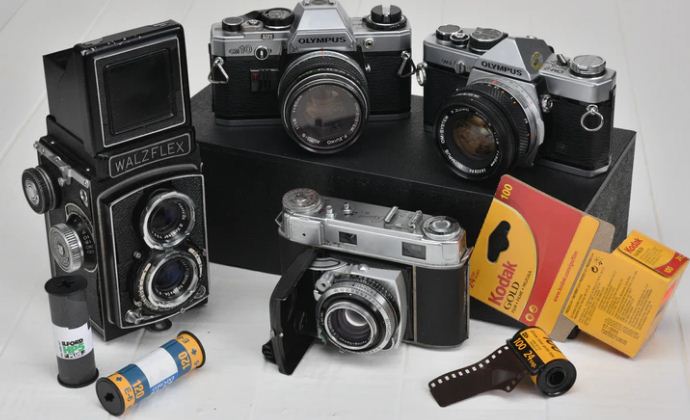Light, focus, composition: these are the three most important things to keep in mind while taking a photograph.
Digital photography allows you a lot of control over the picture that was not possible with conventional photography.
You can even use image editing software (like Photoshop) later to make changes in the image. You can make a photo brighter or darker, or even change the composition by cropping out a section of the image.
Yet, all these high-tech options are no substitute for sticking to the basic principles of photography.
Try to shoot a good photo to start with, because no amount of manipulation by software can compensate for a picture that is bad to start with.
Light is at the heart of photography and anyone who wants to take good photos must understand its effects on the picture.
When the sun is low on the horizon, it provides a rich and warm tone to the image and this can produce very good pictures.
In contrast, you may not get very good pictures at noon, when the light is harsh and the shadows are very short.
For shooting good indoor photos, use the available light together with a flash. You can also try switching the flash off so you can use a long exposure, with the camera mounted on a tripod to avoid shake.
The angle at which the light is falling on the subject also makes a big difference to the picture.
You can either change your position or that of the subject, or wait for the right time, to get the perfect shot.
Image editing software can do a lot to improve a photo that is too dark or too light. If you are shooting a fast-moving object, the slow shutter speed will blur the object, while a fast shutter speed will freeze it.
Try to visualize the photo before you compose and be clear about the main elements of your picture.
Focus on the main element and avoid including things that only clutter the frame. Hold the camera level by aligning it with natural horizontal lines like the horizon.
You can change your position, or use the zoom of your camera to frame the right shot. It is easier to compose a picture with an SLR, because you look through the lens of the camera.
With a compact camera you will be looking through a viewfinder, or at the LCD screen, which gives a different perspective.
In most digital cameras, the lens has a fixed focus or autofocus. A fixed focus wide angle lens will focus on everything from a few feet to infinity, while an autofocus lens will automatically focus on the subject.
In either case, there is not much that has to be done to focus on the subject. If your camera allows manual focus and you decide to use it, reduce the aperture to get a bigger depth of field.
If you are shooting a portrait and want a shallow depth of field, you will have to use a bigger aperture, though you will not have any margin for error in calculating the distance. Remember that focusing problems cannot be fixed by image editing software.

